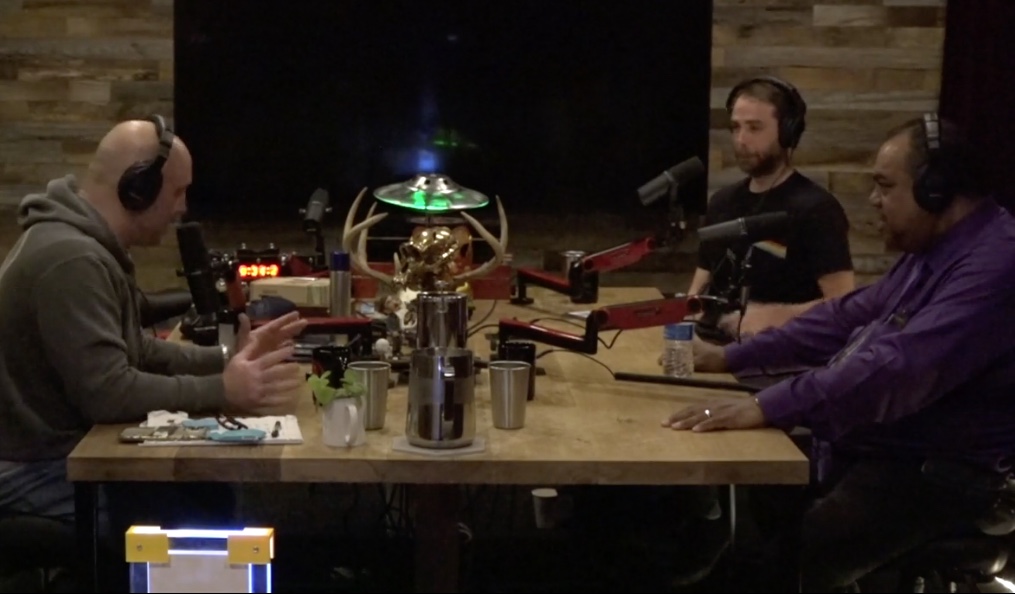I hope I haven't been away for too long! Even though you are a hypothetical baby my absence might have caused you to get hungry for another lesson! What I'm trying to do here is to help you navigate this convoluted world. I'm trying to teach you things that I did not know while I was growing up. I learned these lessons the hard way. You can find links to all of these (soon to be 100) lessons in one convenient place: Here.
Here's a couple mini-lessons. First of all, if someone wants you to offer some good advice but you can't think of anything, just offer them some of the wisdom of the Stoics of ancient Rome. Your audience won't even know that these writings are ancient. Here's another cool thing: Even though this is "philosophy," it is practical advice to help you in your daily life. This is the opposite of academic philosophy.
Check this out. One of the key tenets of the Stoics is essentially the Serenity Prayer. Epictetus writes:
The chief task in life is simply this: to identify and separate matters so that I can say clearly to myself which are externals not under my control, and which have to do with the choices I actually control. Where then do I look for good and evil? Not to uncontrollable externals, but within myself to the choices that are my own.
— Epictetus, Discourses, 2.5.4–5
Compare to the Serenity Prayer:
God, grant me the serenity to accept the things I cannot change,
courage to change the things I can,
and wisdom to know the difference.
Here is another Stoic version of this same idea:
“Who then is invincible? The one who cannot be upset by anything outside their reasoned choice.”
— Epictetus, Discourses , 1.18.21
Why is this lesson so valuable? Because human animals screw this up so often! They need to hear this advice over and over, because we are wired to obsess and fret over things we cannot change. But here's a caveat: you shouldn't make excuses when you could change something but you are too lazy to put in the effort. You need to be honest with yourself about what you can change. Then get to work on something you can handle. Don't waste your life away by fretting and obsessing. Many things have changed over the past 2,000 years, but the wisdom of the Stoics is as relevant as ever.
Here's my favorite Stoic quote:
“The Obstacle Is the Way.”
Marcus Aurelius
Is it possible to fit more wisdom into such a short quote?




 perspective of the mass of humanity. And what I've learned is that no matter how far I've gone from our own country, right next door to Canada or Mexico, or halfway around the globe, no matter how different the people I encounter may be--they don't look like me, they don't speak my language, they don't worship as I do, or whatever. I always conclude, at the end of the day, that we all are human beings. And as such, we all want the same five core values in our lives. Everybody wants to be loved. Everybody wants to be respected. Everybody wants to be heard. We all want to be treated fairly. And we all basically want the same things for our family as anybody else wants for their family.
perspective of the mass of humanity. And what I've learned is that no matter how far I've gone from our own country, right next door to Canada or Mexico, or halfway around the globe, no matter how different the people I encounter may be--they don't look like me, they don't speak my language, they don't worship as I do, or whatever. I always conclude, at the end of the day, that we all are human beings. And as such, we all want the same five core values in our lives. Everybody wants to be loved. Everybody wants to be respected. Everybody wants to be heard. We all want to be treated fairly. And we all basically want the same things for our family as anybody else wants for their family.